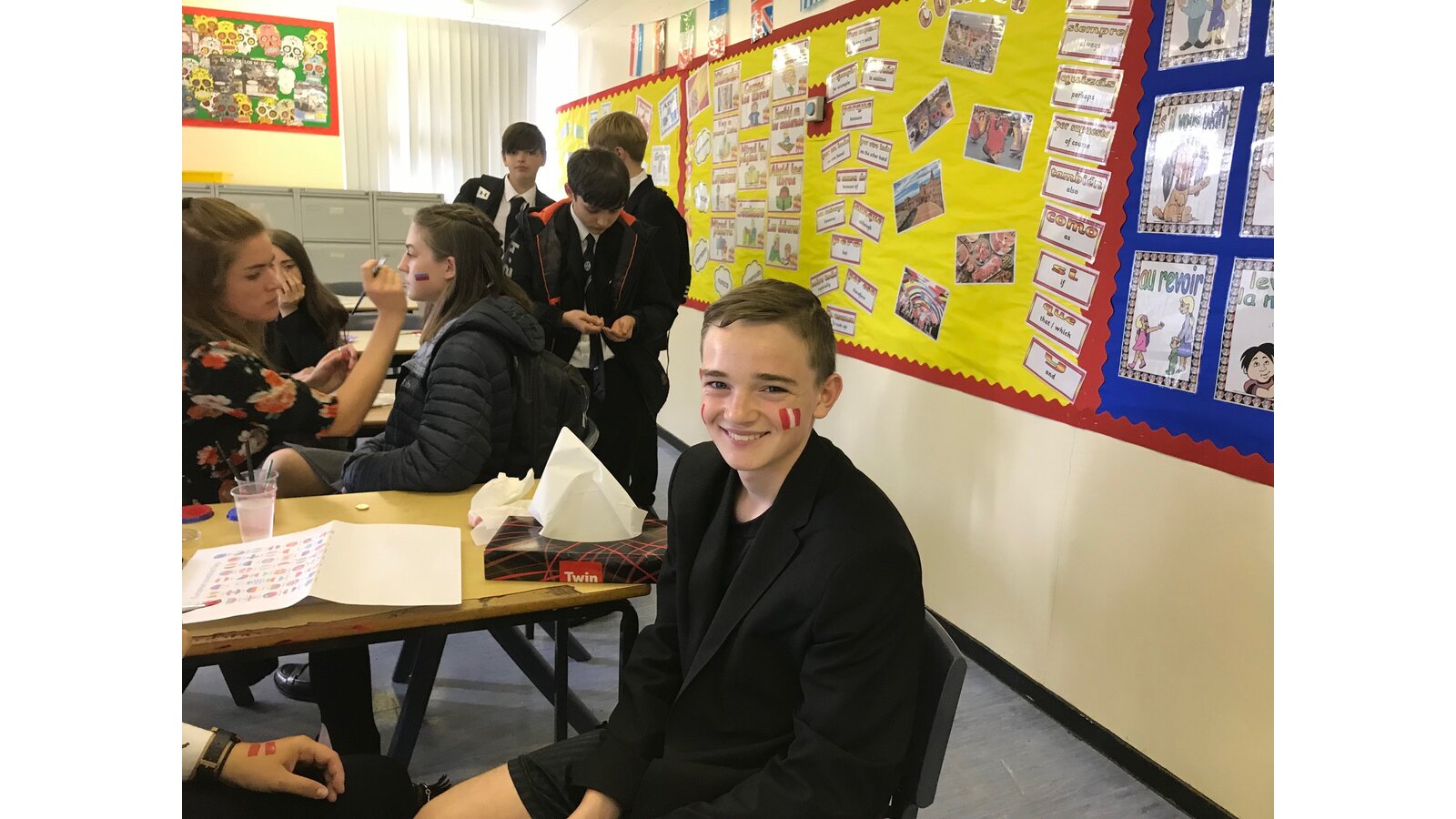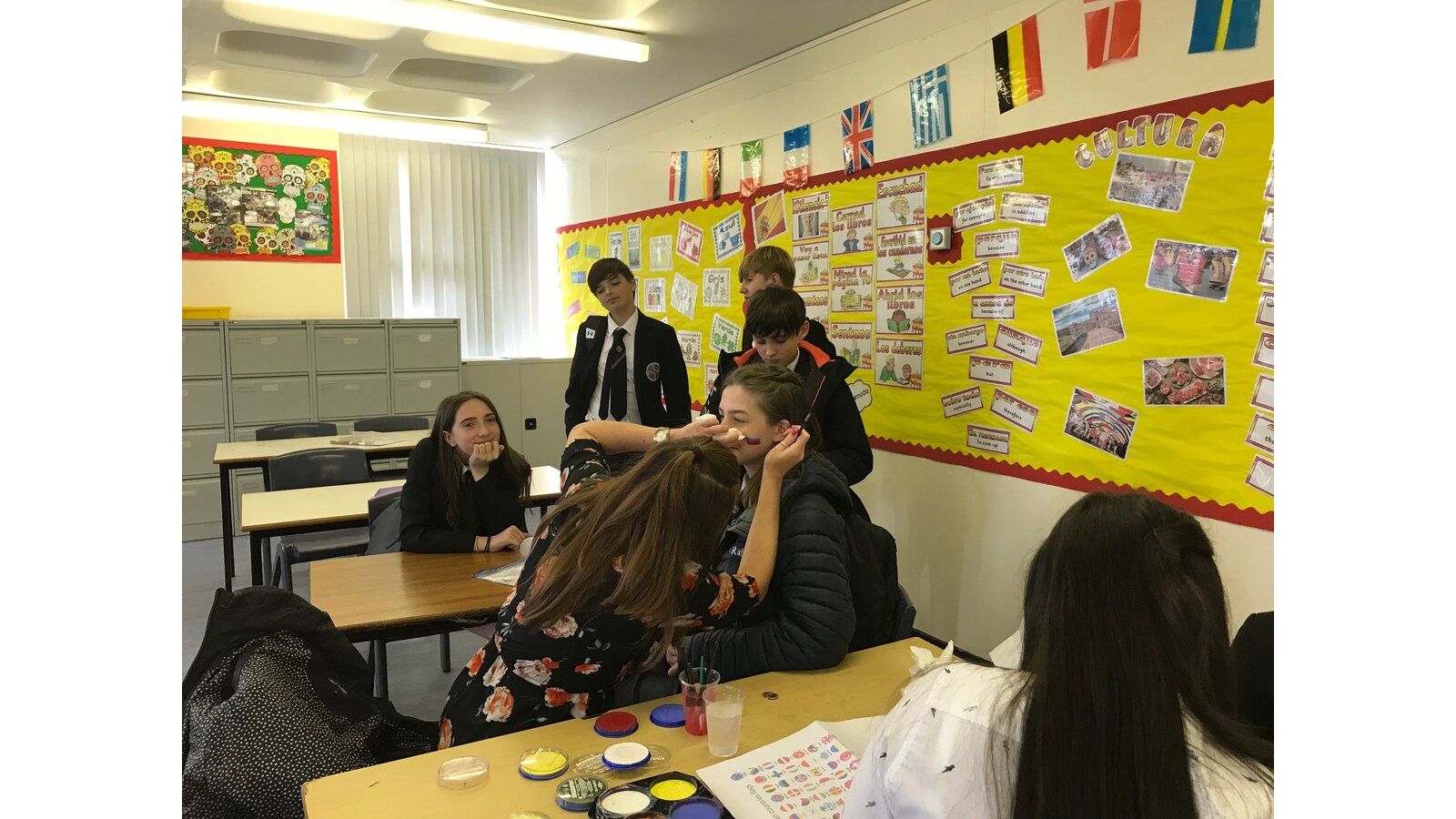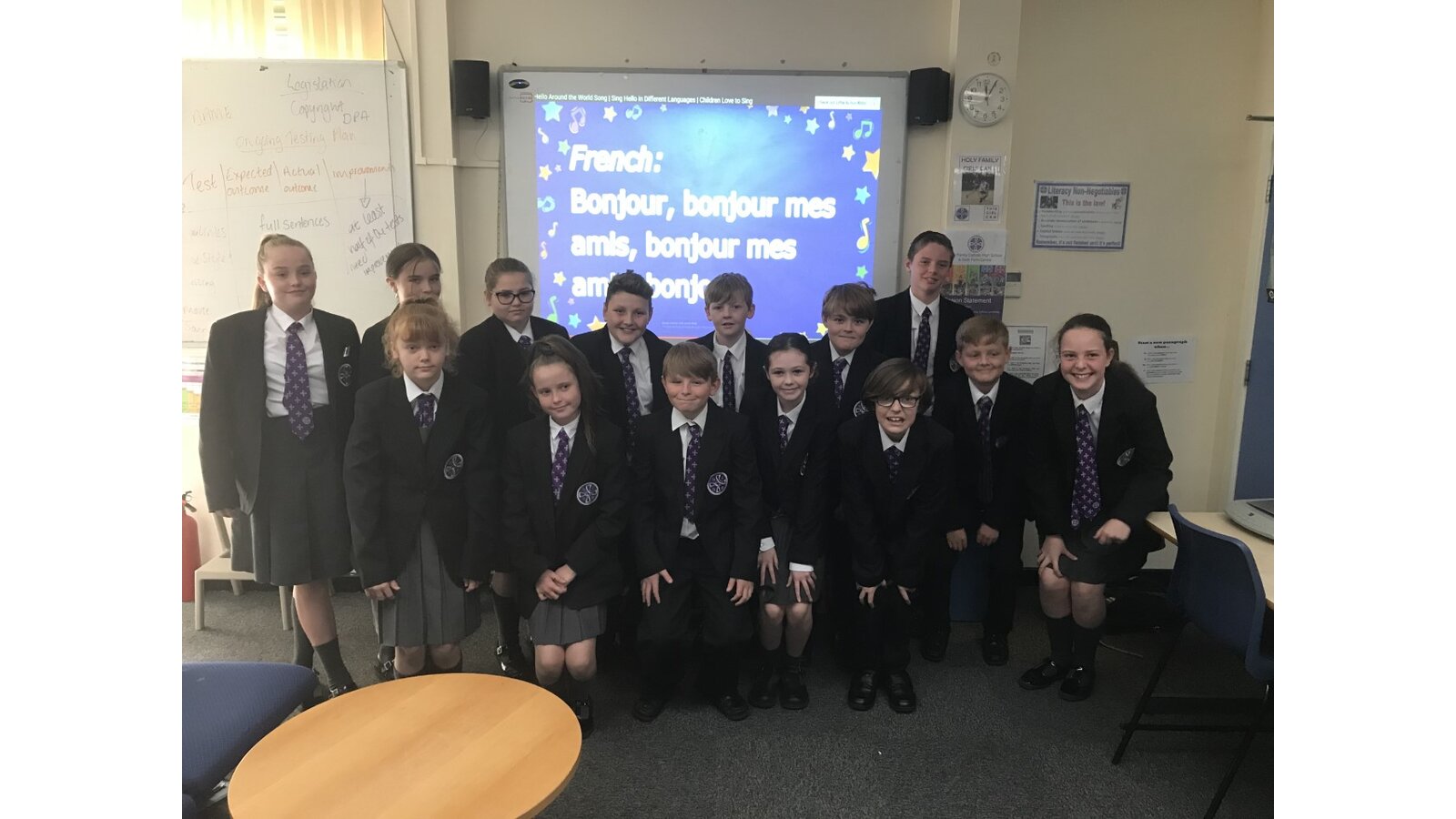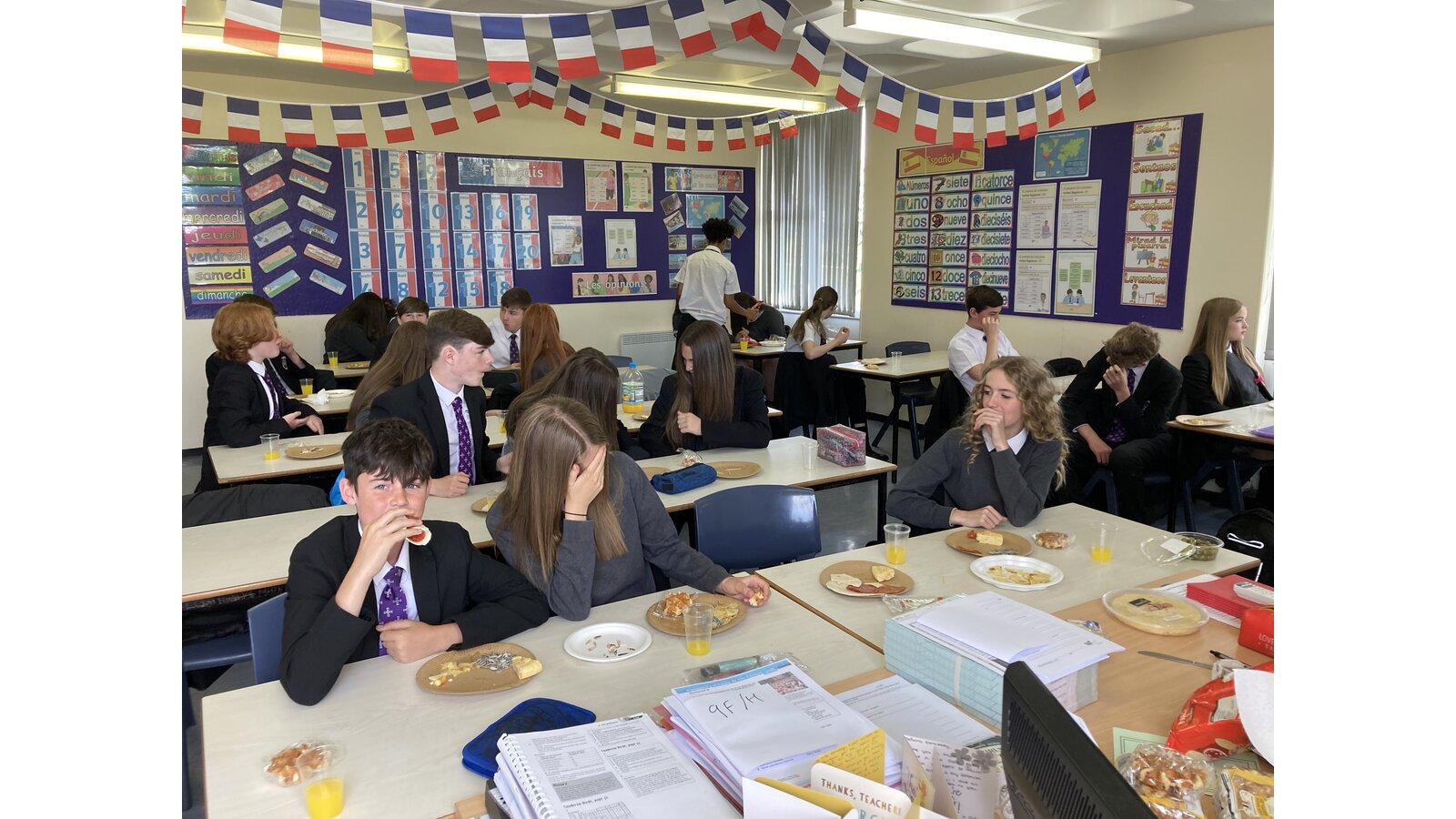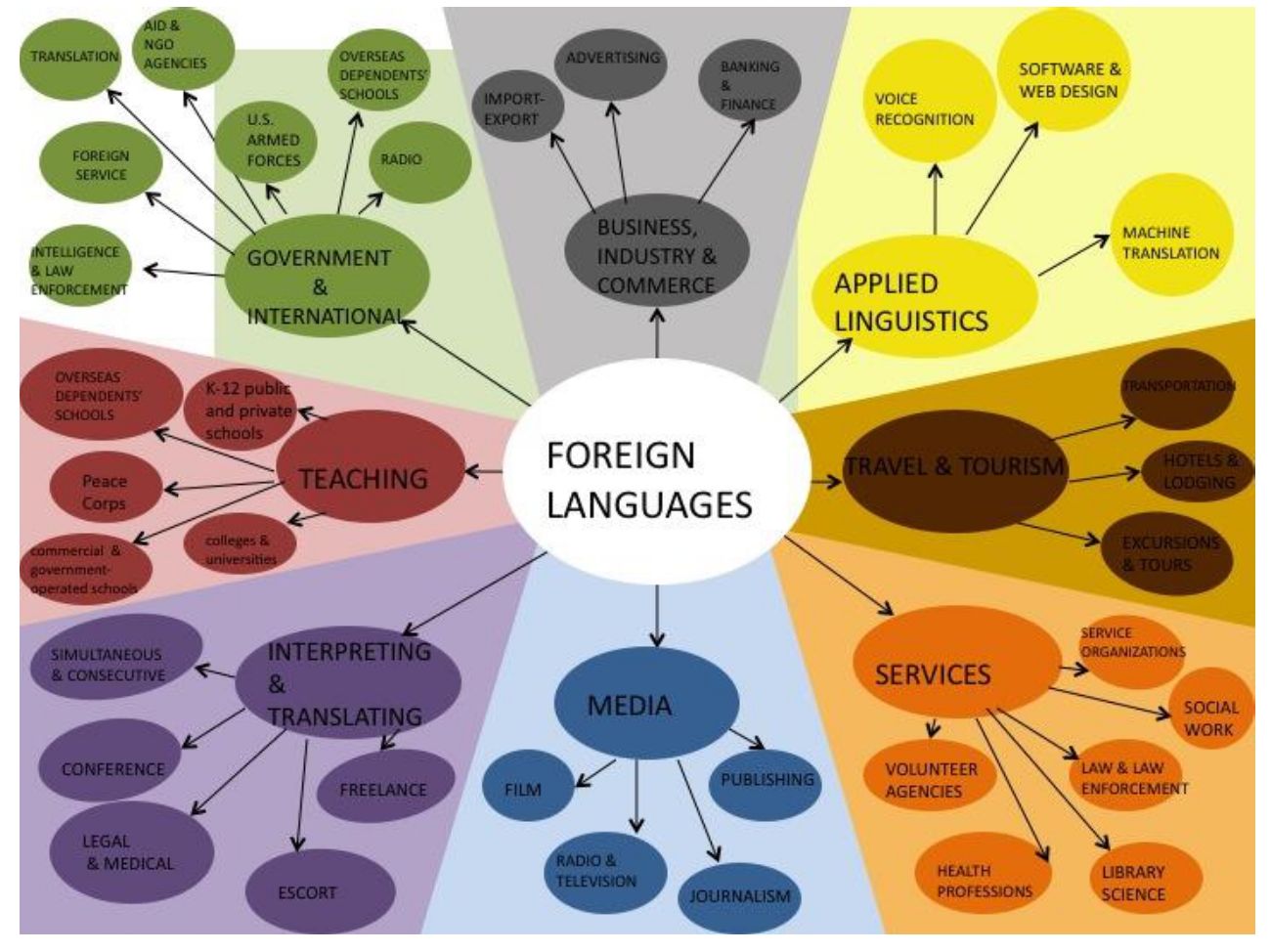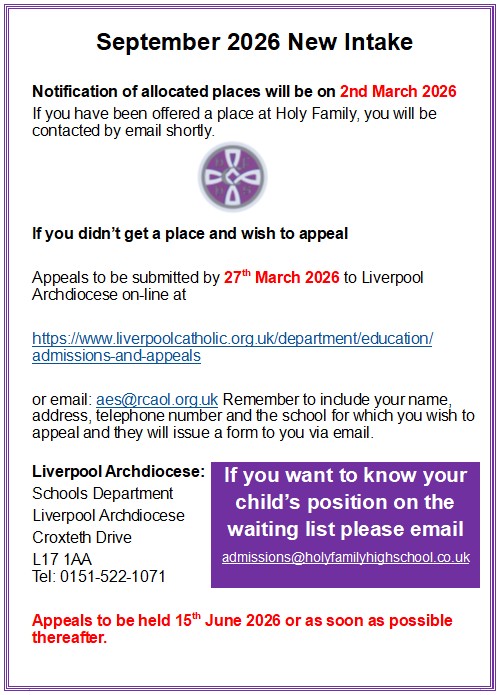Modern Foreign Languages
Head of Department - Miss S. Dempsey
At Holy Family we offer high quality language teaching in Spanish and French (at Key stage 4 only) which aims to foster pupils’ curiosity and deepens their interest in the world around them. In line with the requirements of the National Curriculum Programme of Study, language lessons provide opportunities for our pupils to develop knowledge of the language through the four key skills of listening, speaking, reading & writing. Our objective is to introduce our pupils to the wider world and the many opportunities that await them there, encouraging them to step beyond the familiar and develop a better understanding of other cultures – their language and customs. Through their language learning, we strive to demonstrate to our pupils the relevance of knowing and speaking other languages and the benefits that that can bring, particularly post-Brexit in a nation of mostly monoglot speakers. Ultimately through our own passion and enthusiasm for languages as a department, and by relating our personal experiences to our pupils, we hope to create the fluent, spontaneous and confident speakers of the future of both Spanish and French. The department consists of 5 highly experienced subject specialists.
Our inclusive curriculum is adapted to suit all levels of ability. We aim for every child, including those of high ability and those with SEND to be stretched, but for no child to be left behind. Individual classroom teachers make the necessary adjustments to their lesson planning, using SEND support plans and recommended strategies to ensure, as far as possible, the best outcomes for pupils. We have the same ambitious curriculum for all pupils. We enable pupils, from no matter what starting point or background, to feel secure in their learning and to ensure that they have every opportunity to deepen their knowledge as they progress through their language journey. At both Key Stages 3 and 4, we support students through careful planning and grouping, using the school reward system and positive reinforcement to ensure full engagement across all ability levels.
Topics covered from Years 7-11 are taught in a logical order that builds upon vocabulary acquisition and increasing complexity of language. Topics are frequently revisited to ensure that key language and grammar become embedded. Sentence construction begins in Year 7 with students learning basic syntax and verb conjugation. We develop these skills further with each ensuing topic providing opportunities for practice in all key skills areas. By the time students reach Year 11 they are able to converse confidently, write at length, read and demonstrate understanding of literary texts and react appropriately to instructions/information they hear.
Studying a foreign language helps young people to understand their own language as they understand how the new language works. This supports the whole-school priority to improve the literacy of all students. Regular references are made to tenses, syntax, vocabulary and grammar, as well as phonemes and sound-spelling relationships.
Key Stage 3
At Key Stage 3, pupils have 4 lessons of Spanish per fortnight. They are taught to read, write, speak and understand the foreign language and are assessed at least twice termly in these skills, in addition to a common mid-term assessment. Target language is used as much as possible in lessons to ensure that pupils are stretched and have maximum exposure to the language being learnt. Topics taught at Key Stage 3 include myself and my friends and family, free time activities and school, amongst others. Homework is set after every lesson and is considered an integral part of the students' learning, promoting independent learning and laying the early foundations for exam success. Students' work is marked approximately every 2-3 weeks, highlighting particular strengths, as well as suggesting specific areas for improvement. Students are taught in mixed ability groups.
MFL Key Stage 3 Curriculum Maps
Key Stage 4
At Key Stage 4, pupils decide whether to continue with Spanish or French. They have 5 lessons per fortnight and build on the vocabulary and grammar of the previous Key Stage. Homework is set in line with the school homework timetable and may include a piece of extended writing, an exam style question, or a listening, reading or grammar task from Kerboodle. In Year 10, pupils complete a past paper in Listening and Reading every half term, as well as a piece of extended writing decided by the class teacher. In Year 11, pupils are assessed in Listening, Reading and Writing in the first term, with a focus on exam preparation and revision after the mock examinations. In keeping with the high expectations of the department, the majority of students are entered for the higher tier exams at GCSE.
Exam board - AQA
Exams from 2018 - 25% Speaking, 25% Writing, 25% Listening, 25% Reading
MFL Key Stage 4 Curriculum Maps
Key Stage 5
At Key Stage 5, students have 9 lessons per fortnight. The A-level exam is linear and so students sit their exam at the end of the 2-year course. Homework is still set every lesson and pupils are encouraged to do as much wider reading and independent study as possible outside of the classroom to enhance their language skills and improve their understanding of French/Spanish society. Pupils are given past paper exams every half term and are awarded a grade based on their performance. Oral and written feedback are given to improve exam technique. The core content of the A-level exam incorporates social issues and trends, political and artistic culture, knowledge of grammar and literary texts and films.
Exam board - AQA
Exam - 50% Listening, Reading, Writing, 20% Written response to literary text, 30% Oral examination
MFL Key Stage 5 Curriculum Maps
Enrichment
European Day of Languages
Wednesday 26th September marked the European Day of Languages, an opportunity to celebrate the linguistic diversity of Europe and to explore and better understand cultural differences. Pupils at Holy Family once again embraced the objectives of the day and took part in language-based activities across the curriculum. In the Languages Department, pupils began the day with French pastries, followed by a variety of activities such as quizzes, songs, joke telling and a tapas tasting session. The highlight of the day was the lunchtime Treasure Hunt. Pupils of all year groups dashed frantically around the school grounds in a bid to collect all of the items on their list. It was eventually won by Chloe Roberts and Taylor Lloyd in Year 11. In Maths, pupils practised exchange rate conversions, whilst in RE, they had to name the prayer in the foreign language using their knowledge of French/ Spanish. Overall, the day was a huge success and we look forward to doing it all again next year. ¡Hasta la próxima!
Sampling Spanish food - July 2023
Pupils from Year 7 and 9 enjoyed sampling Spanish food. Pupils were very adventurous and tried a variety of different foods - some they were trying for the first time! Amongst the food items were chorizo, jamón serrano, queso manchego, pipas and tortilla española. The verdict from all was a big thumbs up.
Year 8 pupils also sampled a typical French breakfast.
Extra Curricular
Intervention sessions for GCSE students are held once per week and additional support sessions are held in the run-up to GCSE and A- level exams.




